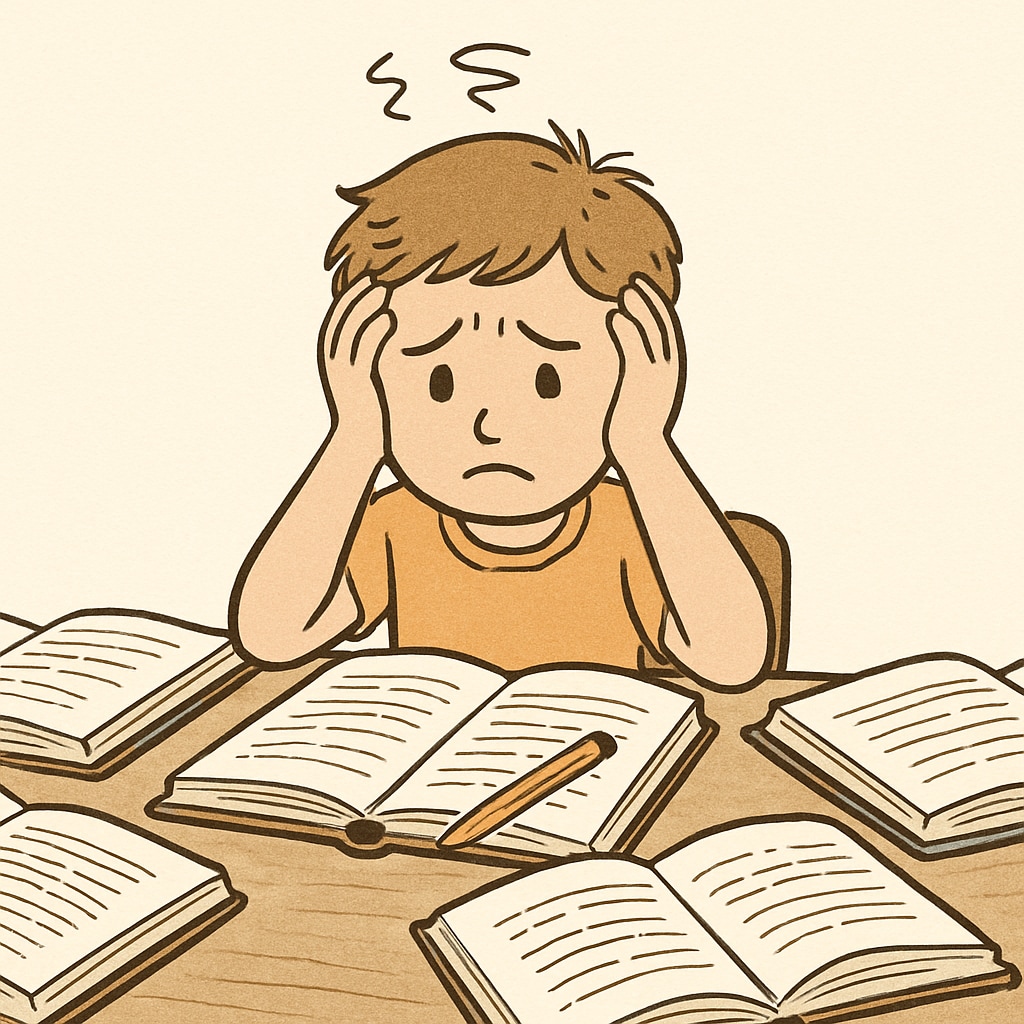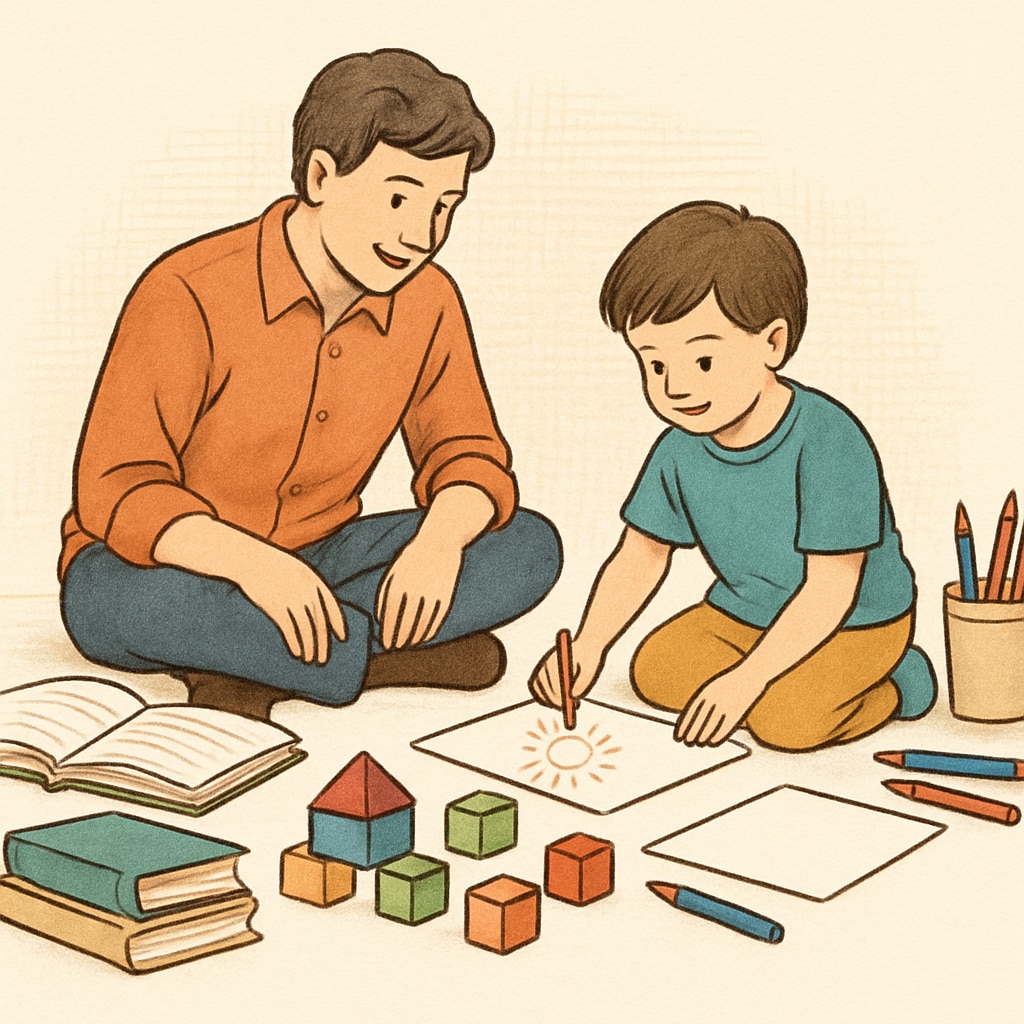The pressure of college applications is no longer confined to high school students. Increasingly, it has begun to affect younger children, including first graders. This premature focus on the future has created unique challenges for both children and their families. First graders—children who are still developing basic skills like reading and arithmetic—are now being exposed to an educational system that prioritizes competition over growth. This article delves into the root causes of this phenomenon, its potential impact on children’s mental and emotional health, and the steps parents and educators can take to realign priorities.

Why Are College Applications Affecting First Graders?
The phenomenon of college application anxiety trickling down to such young students is driven by a combination of societal, parental, and institutional factors. For one, the increasing competitiveness of higher education has placed immense pressure on parents to start preparing their children earlier. Many parents believe that enrolling their children in advanced programs or extracurricular activities as early as possible will give them an edge in the future.
Moreover, schools and educational institutions are contributing to this trend. Private schools, in particular, often market themselves as gateways to prestigious universities, encouraging parents to invest heavily in their child’s education from an early age. As a result, children as young as six are being subjected to rigorous academic schedules and standardized assessments, which are designed to “track” their potential.
The Emotional and Psychological Costs of Early Pressure
Placing undue pressure on children at such a young age can have detrimental effects on their development. First graders are at a critical stage of cognitive and emotional growth, and overloading them with academic goals can lead to anxiety, stress, and even burnout. According to a child development study on Britannica, children thrive in environments that encourage exploration and play rather than rigid structures.
Furthermore, the constant emphasis on achievement can diminish a child’s intrinsic motivation. Instead of developing a genuine love for learning, children may begin to associate education with performance metrics and parental approval. This can result in a fragile sense of self-worth, which may persist into adulthood.

What Can Parents and Educators Do?
To mitigate the harmful effects of this early pressure, parents and educators must work together to create balanced learning environments. Here are some actionable steps:
- Encourage Play-Based Learning: Young children learn best through play, which fosters creativity, problem-solving skills, and social interaction.
- Set Realistic Expectations: Focus on age-appropriate milestones rather than long-term academic goals.
- Promote Emotional Well-Being: Teach children to express their feelings and manage stress in healthy ways.
- Limit Screen Time: Over-reliance on digital education tools can reduce opportunities for hands-on learning.
- Advocate for Systemic Change: Parents can collaborate with schools to promote policies that prioritize holistic development over academic competition.
In addition, it’s crucial for parents to model a healthy attitude toward education. By demonstrating a love for lifelong learning and valuing effort over results, they can help their children develop a similar mindset.
Looking Ahead: Redefining Education’s Purpose
The current trend of imposing college application pressures on first graders highlights a deeper issue with how society views education. Instead of treating education as a journey of self-discovery and growth, it is increasingly being reduced to a means to an end. This shift in priorities not only places unnecessary burdens on children but also risks stifling their natural curiosity and love for learning.
As a society, it’s time to rethink the purpose of education. By focusing on nurturing well-rounded individuals rather than future applicants, we can create a system that supports children’s holistic development. After all, the ultimate goal of education should be to help children thrive, not just survive.
In conclusion, while preparing for the future is important, it should not come at the expense of a child’s present well-being. By addressing the challenges posed by this early academic pressure, we can ensure that every child has the opportunity to grow into their full potential—at their own pace.
Readability guidance: This article uses short paragraphs, active voice, and accessible language to ensure clarity. Key ideas are supported by external references and summarized in bullet points for easier comprehension.


